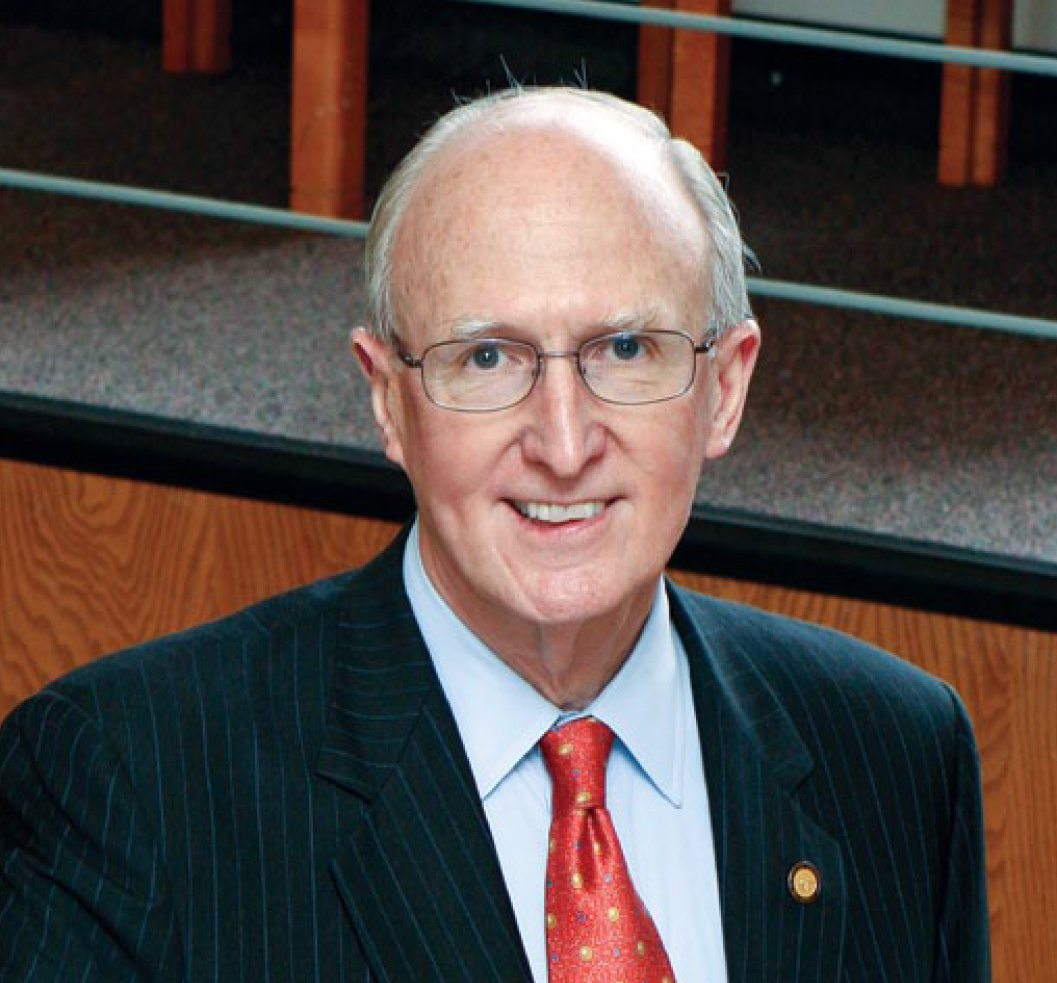‘Woke’ claims, anti-racism and the road forward
News sources are filled with reports of claims about “woke” universities and corporations (awake to racial injustice), complaints about critical race theory (that race is an invented category used to oppress people of color), and anti-racism training sessions (often designed to help white people experience being a member of a minority group). In addition, organizations and institutions are making plans to ensure DEI: diversity of membership, equity for all people and inclusive practices to ensure that Black and Brown people are not excluded.
The partisan divide already evident in our society is being deepened by those who complain that this focus on race is motivated by “hatred” of America. For others, “woke” initiatives are urgent calls for a national reckoning of public policies and private prejudices that explain the vast differences in wealth and opportunity between whites and Blacks. Our history is replete with discrimination against Native American and Asian citizens as well.
Unlike our own, the German government has supported reparations and museums to acknowledge public and private complicity in anti-Semitism, the Holocaust and other war crimes. In South Africa, the Truth and Reconciliation Commission did something similar. Here in the U.S., the National Museum for Peace and Justice in Montgomery, Ala., and other memorials were inspired by the Holocaust Museum in Berlin and the Apartheid Museum in Johannesburg, but are supported privately.
The National Museum of African American History and Culture in Washington received $270 million from the federal government — the cost of one corporate Boeing 787 Dreamliner. The balance of the funding was raised privately. In America we have no federal acknowledgement of racism and slavery, and standard school curricula ignore this history while they celebrate such “achievements” as western expansion.
Meanwhile, police officers use federally provided military equipment and weapons against Black motorists and pedestrians. In response, large crowds protest and called for change. Some have called for “defunding” the police, because armed forces on the streets belie a commitment to community protection.
President Lyndon Johnson introduced his idea of affirmative action 56 years ago by arguing that “Freedom is not enough. You do not wipe away the scars of centuries by saying: Now you are free to go where you want, and do as you desire, and choose the leaders you please. You do not take a person who, for years, has been hobbled by chains and liberate him, bring him up to the starting line of a race and then say, ‘you are free to compete with all the others,’ and still justly believe that you have been completely fair.”
It is not enough, Johnson said, just to open the gates of opportunity. Those who have suffered discrimination must have the resources necessary to walk through the gates and take advantage of the opportunity. These resources include housing, nutrition, adequate schooling, safe neighborhoods and protection, not persecution, by the police.
Arguments about white privilege and advocacy of anti-racist training can be instructive, but they are not sufficient. They do not make up for government policies that denied access to housing, education and business development, as occurred with the post-World War II G.I. Bill. They do not compensate for the private prejudices that continue to limit opportunities in education and employment. They do not bring reparations to compensate for 400 years of discrimination.
Texas Rep. Sheila Jackson, a Democrat, is the lead sponsor of H.R. 40, which would establish a commission to study reparations for slavery. She has said that bringing the bill to a vote in the House would be “cleansing” for the country, and asked her Republican colleagues not to “cancel” debate on the issue. The 13-member commission, Jackson explained, would “study the effects of slavery and racial discrimination, hold hearings . . . recommend appropriate remedies . . . and consider what form a national apology could take for the harm caused by slavery.”
Those in favor of reparations argue that “today’s descendants of enslaved people and those who look like them continue to suffer from the lingering legacy of slavery and persistent racial inequities.”
So, instead of accusations of white privilege and woke universities, let’s have a serious discussion of the past, how to acknowledge it and what to do about it. We need more history and less histrionics. Germans and South Africans were not afraid to confront their past. Surely we can do the same with honest listening and civil discourse. The truth shall, indeed, set us free.
Robert Scott is president emeritus of Adelphi University and the author of “How University Boards Work,” Johns Hopkins University Press, 2018.

 45.0°,
Fair
45.0°,
Fair 




